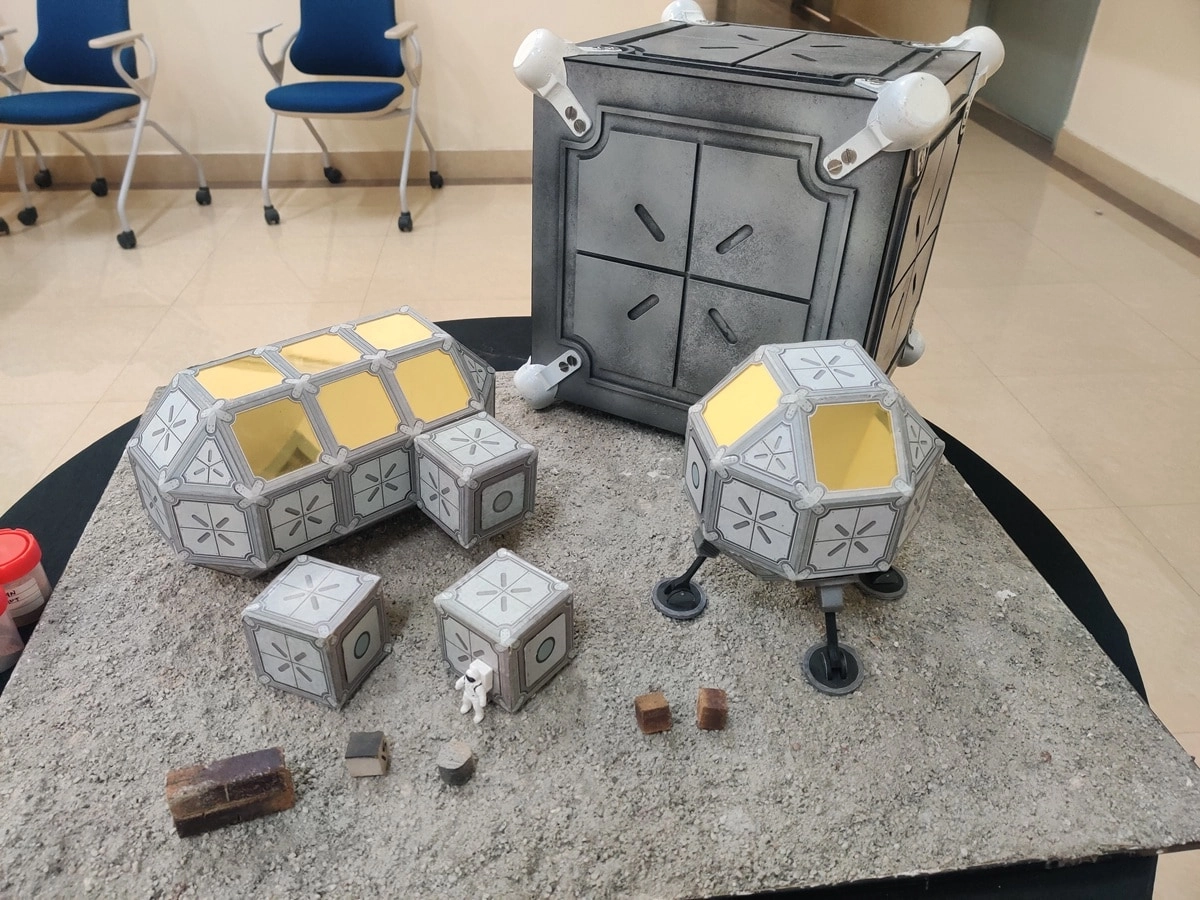Astronaut Shubhanshu Shukla has unveiled an ambitious and visionary concept known as “Mini India on Moon,” proposing the establishment of a lunar village that would encapsulate the essence of Indian culture and technology on the Moon’s surface. This initiative aims to create a sustainable habitat that not only serves scientific exploration but also fosters an environment of cultural exchange and innovation. Shukla envisions this lunar settlement as a microcosm of India, showcasing the nation’s rich heritage, technological advancements, and collaborative spirit.
The blueprint for this lunar village includes various components designed to support life and research in the harsh lunar environment. It would be equipped with advanced life-support systems, renewable energy sources, and agricultural modules to cultivate crops, thereby ensuring food security for its inhabitants. Additionally, the village would serve as a hub for scientific research, allowing astronauts and scientists to conduct experiments related to lunar geology, long-term space habitation, and potential resource extraction. By integrating cutting-edge technology with traditional Indian practices, Shukla aims to create a harmonious balance that respects both nature and humanity’s quest for knowledge.
Culturally, the “Mini India on Moon” project aspires to bring together diverse aspects of Indian society, from art and music to cuisine and spirituality. By incorporating cultural elements into the lunar habitat, Shukla believes that astronauts would not only feel connected to their roots but also foster a sense of community and collaboration among international space travelers. This initiative could serve as a platform for global cooperation, allowing different nations to come together in the spirit of exploration while celebrating the unique contributions of Indian culture.
As humanity stands on the brink of a new era in space exploration, Shubhanshu Shukla’s vision of a lunar village represents a bold step forward. It challenges us to rethink our approach to space colonization and encourages a more holistic perspective that values cultural identity alongside scientific progress. The “Mini India on Moon” project could potentially act as a blueprint for future extraterrestrial settlements, illustrating how cultural diversity can enrich humanity’s endeavors beyond Earth. By embracing innovation while honoring tradition, this initiative could pave the way for a new chapter in our journey into the cosmos.




